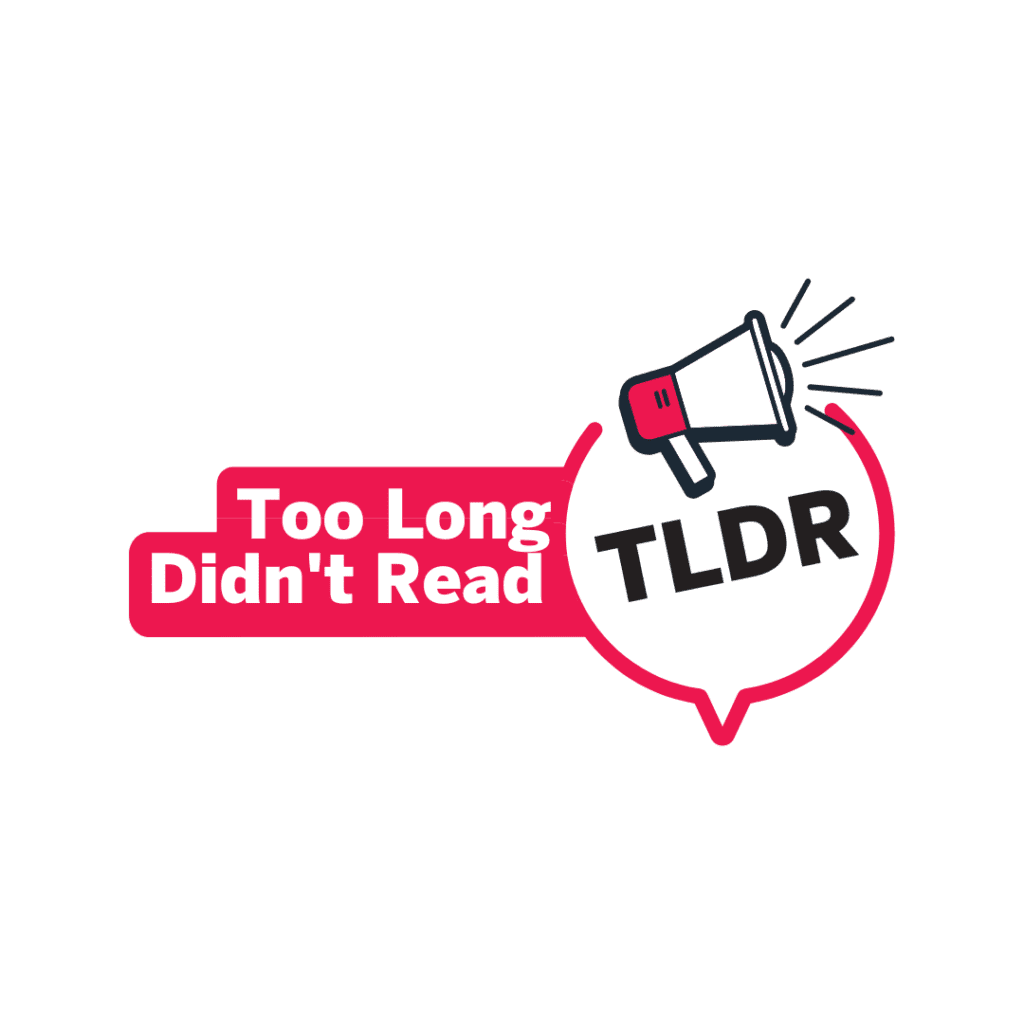View the summary of this research here.

This study explored physically disabled skateboarders and wheelchair motocross (WCMX) riders’ experiences with the skateboarding community, online (on Instagram), and within skatepark settings. It aims to add to the growing research on physically disabled peoples’ participation in adaptive sports, giving insight into their experiences in the informal, adaptive sports of skateboarding and WCMX.
Background:
- Findings from this work show how participation in the sports may offer physically disabled people a range of health benefits and outlines how different digital and physical spaces can be made more inclusive and accessible to physically disabled users.
- This work may be of particular interest to (disability) sport organizations and stakeholders, and skatepark designers, and highlights the challenges and potential of participation in informal, adaptive sports for physically disabled people.
- Data was collected through interviews and social media post-elicitation (where participants shared and discussed posts from their Instagram accounts), involving 30 self-identifying physically disabled riders.
- Participants identified as experiencing visually impairment, limb loss, spinal cord injury, cerebral palsy, multiple sclerosis, rheumatoid arthritis, caudal regression syndrome, and spina bifida.
- In total, 27 men and 3 women participated.
- All interviews were done over Zoom and were audio recorded and transcribed. Interview transcripts and Instagram posts were then analyzed using a thematic analysis and findings were developed.
Key findings and implications
Physically disabled riders reported overwhelmingly positive experiences within the skateboarding community, gaining enhanced self-confidence and independence, expanded social networks, and a greater sense of belonging. Findings also showed how participation in skateboarding and WCMX may enhance disabled riders’ mental and physical health. Despite this potential, findings also detailed how disabled women riders often received less recognition and support than disabled men and showed how the costs associated with the sports may influence (and inhibit) disabled peoples’ participation in adaptive skateboarding and WCMX. These findings may be used by (disability) sport programs and stakeholders to create and fund sporting opportunities for disabled people to participate in informal adaptive sports.
Social media’s impact
Instagram was important for physically disabled riders to connect with and learn from other physically disabled riders and in the disability community. Disabled riders used Instagram and their posts to educate and raise awareness about topics related to disability, adaptive skateboarding, and WCMX. These findings highlight the power and potential of Instagram and shows how the platform may be used as a resource and a site of connection for marginalized communities; which may be of interest to both marginalized sport participants and (disability) sport organizations and highlight the potential of using Instagram as a site to foster community and social awareness.
Also making small design changes in skateparks (for example, using colour contrast between different sections in the space, and providing access in and out of different features) may make skateparks more accessible and welcoming to different users, including disabled riders.
Participants emphasized the importance of having accessible pathways to and from skateparks and noted how having accessible amenities like washrooms, water fountains, and rest areas nearby was key to their participation in some spaces. These discussions led participants to note the importance of including disabled people throughout the entire design and planning process of new skateparks and to detail how skatepark planners have a responsibility to make their designs as accessible and inclusive as possible to different users.
Strengths and limitations
Although the participants were diverse, most were men. Though interviews with women riders were rich and provided insight about their lives and experiences within the skateboarding world, future research may want to draw greater attention to exploring disabled women riders’ engagements with and experiences within the skateboarding and WCMX communities. Doing so may not only provide greater nuance and detail to findings produced within this work, but may also highlight how intersecting factors like age, race, and impairment, may influence disabled women riders’ experiences differently.
Next steps
Participating in adaptive skateboarding and WCMX may offer physically disabled people social benefits and enhanced mental and physical health. However, social, cultural, economic, and structural factors can affect disabled riders’ participation and experiences within different digital and physical spaces.
Future research should continue to explore disabled peoples’ experiences with informal adaptive action sports, like skateboarding and WCMX, and should draw greater attention to the experiences of different populations, like disabled girls and women, and older disabled people, in these sport settings. Such work would not only build upon this study but would add to the growing body of literature that has explored physically disabled peoples’ participation in informal, adaptive action sports.
Note: With regards to language, recognizing that language about disability is deeply personal, nuanced, and ever-evolving, person-first (athlete with a disability, people with disabilities) will be used interchangeably with identity-first (disabled person, disabled athletes) as well as sport-specific or Classification language as needed (Paralympian, Para athlete, eligible impairment, etc.).
Funding acknowledgement: This blog draws on research supported by the Social Sciences and Humanities Research Council and Sport Canada as part of the Sport Participation Research Initiative.